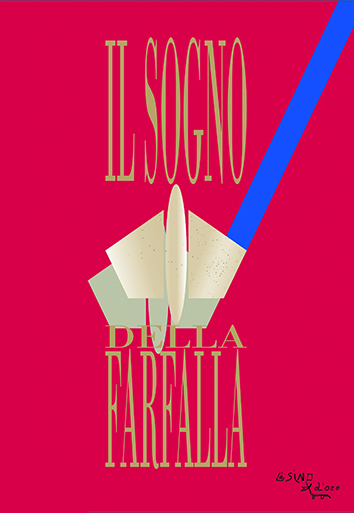Anoressia e depressione
DOI:
https://doi.org/10.14663/sdf.v16i4.302Abstract
On the basis of an analysis of psychiatric literature and a number of case studies, the authors face the theme of mental anorexia from the historical, psychopathological and clinical point of view. Historically speaking, anorexia appears as a morbid entity in the 1600s despite the fact that in the Middle Ages it was already seen as a mystical phenomenon. As we all know, anorexia manifests itself during adolescence as an excessive preoccupation for one’s bodily image: the authors interpret this syndrome as a manifestation of a crisis resulting from the onset of the sexual instinct that provokes an upheaval of the mental equilibrium achieved up to that point. If this crisis, known as a pubescent crisis, which should encourage us to look for a human being who is different from ourselves in order to realize a dynamic of desire-interest-research and knowledge, is not resolved by the acceptance of diversity itself, one can slip into this illness characterized by a control over one’s food, but above all, one’s relationships. The authors suggest that this control stems from the patient’s fear of an unsustainable depression and therefore interpret anorexia as a defence against depression, interpreting the two syndromes that characterize it, food restriction and bulimia, as two aspects of the same psychic dynamic that coexist in the same person: in the restriction of food we have a schizoid dynamic with the result of euphoria-lack of affects, whilst in the bulimic dynamic we have orality-avidity which opens the door to depression.


